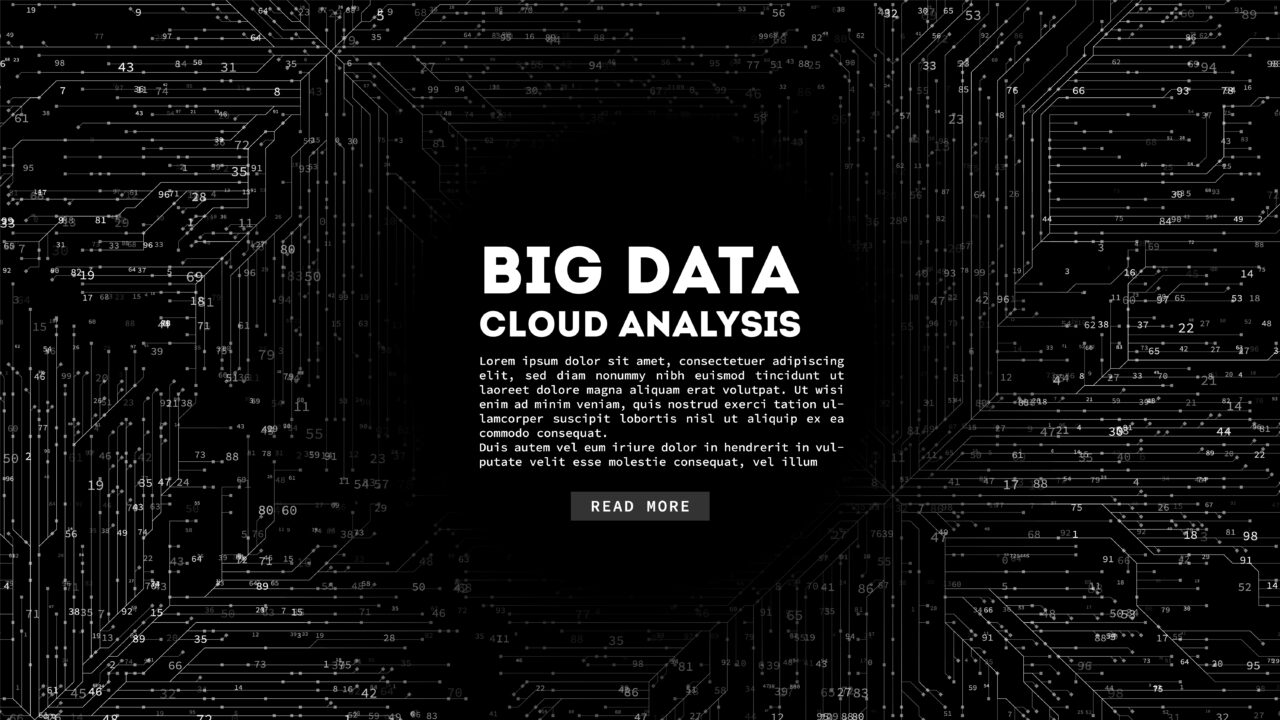In the digital age, data has emerged as a critical asset for businesses across industries. The sheer volume, velocity, and variety of data generated every day present both challenges and opportunities for organizations seeking to harness its potential. Big data analytics has revolutionized the way businesses operate, offering unprecedented insights into customer behavior, market trends, and operational efficiency. In this article, we explore the transformative power of big data and its role in driving business insights and innovation.
Understanding Big Data
Big data refers to large and complex datasets that cannot be effectively processed using traditional data processing applications. These datasets typically comprise structured, semi-structured, and unstructured data from a variety of sources, including social media, sensors, transactional records, and more. Big data is characterized by its volume, velocity, variety, and variability, posing challenges in terms of storage, analysis, and interpretation.
The Role of Data Analytics
Data analytics encompasses the processes, techniques, and technologies used to extract actionable insights from data. With the advent of advanced analytics tools and algorithms, businesses can analyze vast amounts of data to uncover patterns, trends, and correlations that drive informed decision-making. Data analytics enables businesses to optimize operations, enhance customer experiences, and gain a competitive edge in the marketplace.
Business Insights and Decision-Making
Big data analytics empowers organizations to derive valuable insights from their data, enabling them to make data-driven decisions across various functions. For example, retailers can analyze customer purchase history and browsing behavior to personalize marketing campaigns and improve customer retention. Financial institutions can use predictive analytics to assess credit risk and detect fraudulent activities. Manufacturers can leverage sensor data to optimize production processes and minimize downtime. By harnessing the power of big data analytics, businesses can gain a deeper understanding of their operations, customers, and markets, driving strategic decision-making and sustainable growth.
Driving Innovation and Competitive Advantage
In addition to providing actionable insights, big data analytics fuels innovation by uncovering new opportunities and identifying emerging trends. By analyzing market data, competitor performance, and consumer preferences, businesses can identify unmet needs and develop innovative products and services that resonate with their target audience. Moreover, big data analytics enables organizations to iterate and refine their offerings based on real-time feedback, fostering a culture of continuous innovation and adaptation. In today’s fast-paced business environment, the ability to innovate and stay ahead of the competition is paramount, and big data analytics provides the tools and insights needed to succeed.
Challenges and Considerations
While big data analytics offers immense potential, organizations must navigate various challenges and considerations in its implementation. These may include data privacy and security concerns, data quality issues, regulatory compliance requirements, and the need for skilled data scientists and analysts. Moreover, organizations must invest in robust infrastructure and technology solutions capable of handling large-scale data processing and analysis. By addressing these challenges proactively and adopting best practices in data governance and management, businesses can maximize the value of their data assets and unlock new opportunities for growth and innovation.
Conclusion
In conclusion, the power of big data analytics is transforming the way businesses operate, enabling them to derive actionable insights, drive innovation, and gain a competitive advantage in the marketplace. By leveraging advanced analytics techniques and technologies, organizations can unlock the full potential of their data assets and uncover new opportunities for growth and success. As we continue to generate and accumulate vast amounts of data, the ability to harness its power effectively will be essential for businesses looking to thrive in the digital era.

